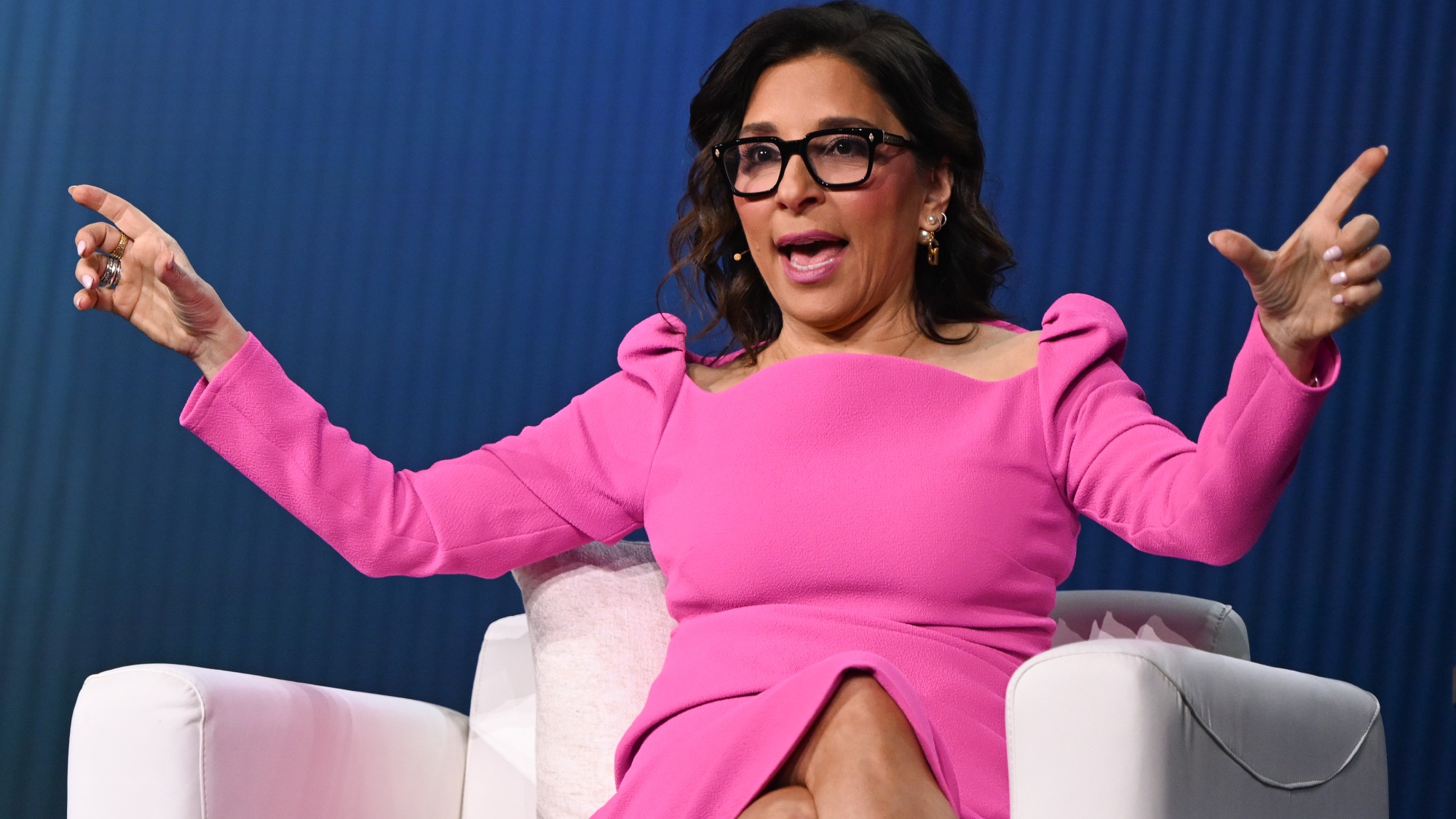Why Twitter is banning political advertising
Chief executive Jack Dorsey says ‘political message reach should be earned, not bought’

A free daily email with the biggest news stories of the day – and the best features from TheWeek.com
You are now subscribed
Your newsletter sign-up was successful
Twitter is to ban all political advertising worldwide because of the risk from highly targeted ads, misleading information and what it calls “deep fakes”.
Posting on the social media website, CEO Jack Dorsey said he was taking the move because “political message reach should be earned, not bought”.
Explaining that “reach” was what a happens when “people decide to follow an account or retweet”, he said that “paying for reach removes that decision” and the decision “should not be compromised by money”.
The Week
Escape your echo chamber. Get the facts behind the news, plus analysis from multiple perspectives.

Sign up for The Week's Free Newsletters
From our morning news briefing to a weekly Good News Newsletter, get the best of The Week delivered directly to your inbox.
From our morning news briefing to a weekly Good News Newsletter, get the best of The Week delivered directly to your inbox.
He continued: “While internet advertising is incredibly powerful and very effective for commercial advertisers, that power brings significant risks to politics.”
Twitter’s rival, Facebook, has recently ruled out a ban on political advertising. Reacting to the news, founder Mark Zuckerberg said: “In a democracy, I don’t think it’s right for private companies to censor politicians or the news.”
The Guardian says a segment of Dorsey’s statement appeared to “mock” Zuckerberg’s recent attempts to justify its decisions to exempt posts by politicians from its third-party fact-checking.
“It’s not credible for us to say: ‘We’re working hard to stop people from gaming our systems to spread misleading info, buuut if someone pays us to target and force people to see their political ad... well... they can say whatever they want!’” wrote the Twitter boss, accompanying the tweet with a wink emoji.
A free daily email with the biggest news stories of the day – and the best features from TheWeek.com
The Times agrees that the statement “has been perceived as Twitter attempting to get one over on its larger rival, Facebook”.
News of the ban has divided opinion. Donald Trump’s campaign team denounced the decision as “very dumb” and “yet another attempt to silence conservatives”.
–––––––––––––––––––––––––––––––For a round-up of the most important stories from around the world - and a concise, refreshing and balanced take on the week’s news agenda - try The Week magazine. Get your first six issues for £6–––––––––––––––––––––––––––––––
The statement from Trump’s campaign manager Brad Parscale also said Twitter’s stockholders would suffer because the firm would lose “hundreds of millions of dollars of potential revenue”. Twitter’s shares were down 3% in after-hours trading.
However, Trump’s 2016 rival Hillary Clinton, welcomed Twitter’s ban and challenged Facebook to change its mind and follow suit.
The BBC says that in the forthcoming US election campaign the teams will spend about $6bn (£4.6bn) on advertising but most of it will go on TV ads, with about 20% put into digital ads.
Carl Miller, a social media analyst, said it was “one of the first times a tech giant has stepped back in concern for the enormous disruptions they’re doing to the institutions that don’t move as quickly as them”.
J Nathan Matias, an assistant professor of communication at Cornell University, warned that it is “very hard to define ‘political’ things from non-political discourse” and encouraged Twitter to ensure its policies are not “too loose or their enforcement too clumsy”.
-
 Will increasing tensions with Iran boil over into war?
Will increasing tensions with Iran boil over into war?Today’s Big Question President Donald Trump has recently been threatening the country
-
 Corruption: The spy sheikh and the president
Corruption: The spy sheikh and the presidentFeature Trump is at the center of another scandal
-
 Putin’s shadow war
Putin’s shadow warFeature The Kremlin is waging a campaign of sabotage and subversion against Ukraine’s allies in the West
-
 Is social media over?
Is social media over?Today’s Big Question We may look back on 2025 as the moment social media jumped the shark
-
 X update unveils foreign MAGA boosters
X update unveils foreign MAGA boostersSpeed Read The accounts were located in Russia and Nigeria, among other countries
-
 What's Linda Yaccarino's legacy? And what's next for X?
What's Linda Yaccarino's legacy? And what's next for X?Today's Big Question An 'uncertain future' in the age of TikTok
-
 X CEO Yaccarino quits after two years
X CEO Yaccarino quits after two yearsSpeed Read Elon Musk hired Linda Yaccarino to run X in 2023
-
 Musk chatbot Grok praises Hitler on X
Musk chatbot Grok praises Hitler on XSpeed Read Grok made antisemitic comments and referred to itself as 'MechaHitler'
-
 Social media: How 'content' replaced friendship
Social media: How 'content' replaced friendshipFeature Facebook has shifted from connecting with friends to competing with entertainment companies
-
 Meta on trial: What will become of Mark Zuckerberg's social media empire?
Meta on trial: What will become of Mark Zuckerberg's social media empire?Today's Big Question Despite the CEO's attempt to ingratiate himself with Trump, Meta is on trial, accused by the U.S. government of breaking antitrust law
-
 What does an ex-executive's new memoir reveal about Meta's free speech pivot?
What does an ex-executive's new memoir reveal about Meta's free speech pivot?Today's Big Question 'Careless People' says Facebook was ready to do China censorship